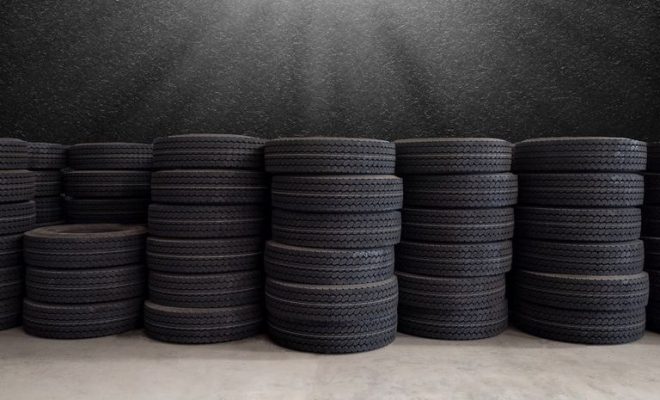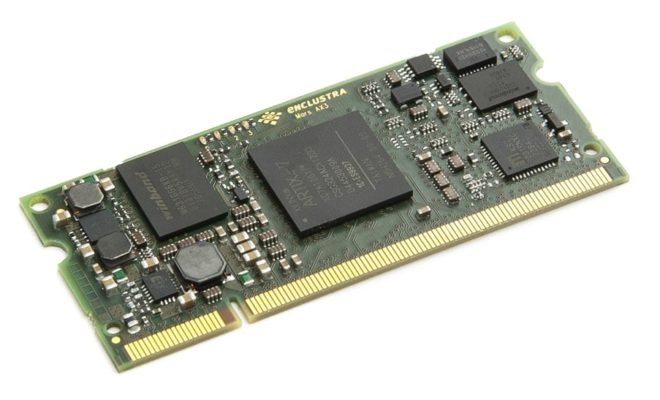How To Store Your Tires?

The moment temperatures drop below 7 ° C, it is imperative to change your summer tires for winter tires. You will be able to ride all year round in the best possible safety conditions. But as soon as you have two sets of tires, the question of storage arises automatically. Where and how to store your tires to prevent them from being damaged and losing all their properties?
Where To Store Your Tires?
Many situations can lead you to store your tires. Do you put your summer tires aside to equip your car with winter tires? Did you buy two or four tires in advance following a promotion? It’s winter, and you’ve decided to leave your camper in your garage with recycled rubber parking blocks until next summer? You will then need to store your tires.
It is essential to choose the place where you will store your tires. Indeed, these tend to wear out over time, even if you don’t use them. Optimal storage will allow them to maintain their performance and last longer. On the contrary, improper storage can accelerate their wear by causing deformations or cracks in the rubber.
For optimal storage, certain conditions must be observed:
Your tires should be kept in a dry, ventilated and temperate place. The ideal temperature to avoid spoiling the gum is between 10 and 25 ° C.
They must be in a closed room. It is therefore strictly not recommended to leave them outside, even if you have a covered balcony or terrace. Your tires should not be in contact with sunlight or rainwater. Doing so may damage the gum. Also, avoid placing your tires under a window through which sunlight can pass.
Above all, your tires should not come into contact with chemicals such as solvents. They must also be kept away from any presence of oil or petrol. If you place your tires on the ground in your garage, first make sure to clean the surface that will be in contact with the rubber.
Also, be careful not to put your tires near an object that could puncture a hole inside the eraser, such as nails.
Place your tires away from all sources of heat (for example, an oven or a chimney) as well as from any object that may emit electric shocks (for example, a battery charger).
Finally, it is therefore essential to keep them inside to protect them from air pollution.











